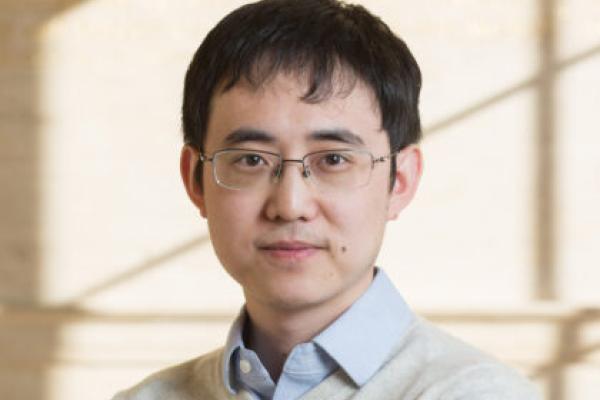
Professor Long Ju
Massachusetts Institute of Technology
Emergent Quantum Phenomena in Crystalline Graphene
Location: 1080 Physics Research Building
Faculty Host: Brian Skinner
Abstract: Condensed matter physics has witnessed many emergent quantum phenomena driven by electron correlation and topology. Such phenomena have been mostly observed in conventional crystalline materials where flat electronic bands are available. In recent years, moiré superlattices built upon two-dimensional (2D) materials emerged as a new platform to engineer and study electron correlation and topology. In this talk, I will introduce a family of synthetic quantum materials, based on crystalline multilayer graphene, as a new platform to engineer and study emergent phenomena driven by many-body interactions. This system hosts flat bands in highly ordered conventional crystalline materials and dresses them with proximity effects enabled by rich structures in 2D van der Waals heterostructures. As a result, a rich spectrum of emergent phenomena including correlated insulators, spin/valley-polarized metals, integer and fractional quantum anomalous Hall effects, as well as chiral superconductivity have been observed in our experiments.
Bio: Long Ju joined the MIT Physics Department as an assistant professor in January 2019. He received his B.S. in Physics in 2009 from Tsinghua University, China, and his Ph.D. in Physics in 2015 from the University of California, Berkeley. He then moved to Cornell University, where he was a Kavli postdoctoral fellow until December 2018.
